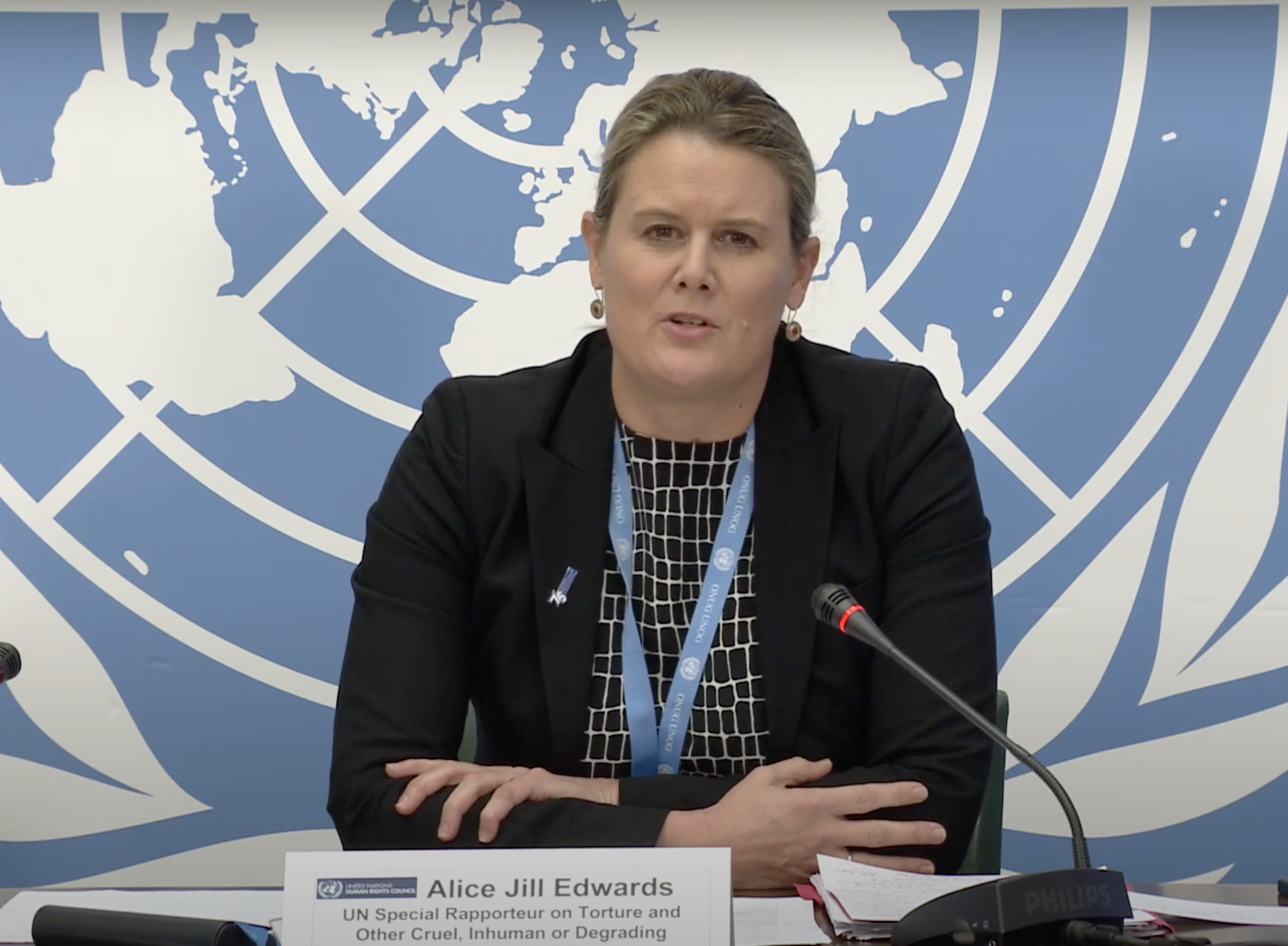Incarcerating prisoners serving abolished indefinite jail terms described as “psychological torture” cost British taxpayers £145m last year, The Independent can reveal.
Analysis of official data lays bare the staggering cost of detaining more than 2,600 inmates still trapped on Imprisonment for Public Protection (IPP) jail terms, which have left prisoners languishing for decades – including for minor crimes.
This is on top of an estimated £1.6bn spent keeping IPP prisoners behind bars in the first 10 financial years since the cruel jail term was scrapped due to human rights concerns.
Experts have said it is “fundamentally wrong” and “farcical” that the government is continuing to spend hundreds of millions each year locking up prisoners on a sentence branded inhumane by the UN, while resisting calls to resentence them.
Shocking cases highlighted by The Independent include Leroy Douglas, who has served almost 20 years for stealing a mobile phone; James Lawrence, 38, who is still in prison 18 years after he was handed an eight-month jail term; and Abdullahi Suleman, 41, who is still inside 19 years after he was jailed for a laptop robbery.
Yusuf Ali was left emaciated after spending 61 days on hunger strike over his IPP jail term.
At an average cost of £53,801 per prisoner, according to Ministry of Justice figures published this month, the state forked out an estimated £145,773,810 keeping these offenders in prison in 2024, while thousands of others were released after serving just 40 per cent of their jail term to ease overcrowding.
The controversial open-ended jail terms were introduced in a bid to be tough on crime in 2005. They were scrapped in 2012 due to human rights concerns, but not retrospectively, leaving those already jailed trapped until they can prove they are safe for release.
All but eight prisoners serving the sentence are now over-tariff, with almost 700 having now served at least 10 years longer than their minimum term.
Analysis of previous IPP prison populations and the average annual prices of housing prisoners shows costs spiralled to an estimated £1,620,790,062 in the first 10 financial years since the sentence was abolished.

In the case of Thomas White, who was handed an IPP term for robbing a mobile just months before the sentence was axed, the state has likely spent over a half a million pounds keeping him locked up for 13 years, despite receiving a two-year tariff.
The 42-year-old has developed severe mental health problems – which a psychologist has blamed on the hopeless jail term – and last summer set himself alight in his cell as he lost hope of being freed. His heartbroken family are waiting to find out if he will finally be moved to hospital for psychiatric treatment.
His sister Clara said: “Half a million pounds spent to mentally torture him – where is the rehabilitation? He’s ended up with a lifetime mental illness.”
At least 94 IPP prisoners have taken their own lives in custody, according to campaigners, in what has been called an “industrial-scale miscarriage of justice”.
Successive governments have refused to re-sentence IPP offenders, despite calls from the justice committee and the UN special rapporteur on torture.

Meanwhile, the Ministry of Justice has allocated no dedicated funding to the refreshed IPP Action Plan, which is supposed to help IPP prisoners progress to release.
A spokesperson for campaign group United Group for Reform of IPP (UNGRIPP) said the damage done to those serving IPP sentences is “irreversible”.
“The fact that alongside this damage, an extortionate amount of money is being spent to keep people in prison – potentially forever – is farcical,” they added. “If this money was spent on resentencing those on an IPP and supporting them back into the community, billions of pounds would be saved.”
Reformed IPP prisoner Marc Conway, who was one of the heroes of the Fishmongers’ Hall terror attack, said it was “fundamentally wrong” that taxpayers’ cash is being spent keeping vulnerable prisoners locked up when they are years over tariff.
“That money could be spent on getting people in the community and getting them help,” he told The Independent.
Richard Garside, director of the Centre for Crime and Justice Studies, accused ministers of having their “priorities all wrong”.

“It’s pretty shocking that successive governments have spent hundreds of millions a year on imprisoning people under a sentence the United Nations has described as a form of torture,” he said.
“The government is spending more each year on keeping these unjust sentences in place than they are on supporting the installation of solar panels on schools, hospitals and community facilities.”
Labour peer Lord Anthony Woodley said the public would be shocked to learn that the government is ploughing so much money into the “unjust” jail terms.
“The British public don't like injustice or wasting taxpayers' money,” he told The Independent.
“We should always remember that behind these numbers are real people, fellow citizens, who continue to be beaten down and wronged by the awful IPP sentence. I call on the government to resentence them now.”
A Ministry of Justice spokesperson said: “This government will always put public safety first. It is right that IPP sentences were abolished, but those remaining in custody are there because the independent Parole Board has determined they are too dangerous for release.
“The Lord Chancellor is working with organisations and campaign groups to ensure appropriate action is taken to support those still serving these sentences, such as improved access to mental health support and rehabilitation programmes, to help them reduce their risk.”







